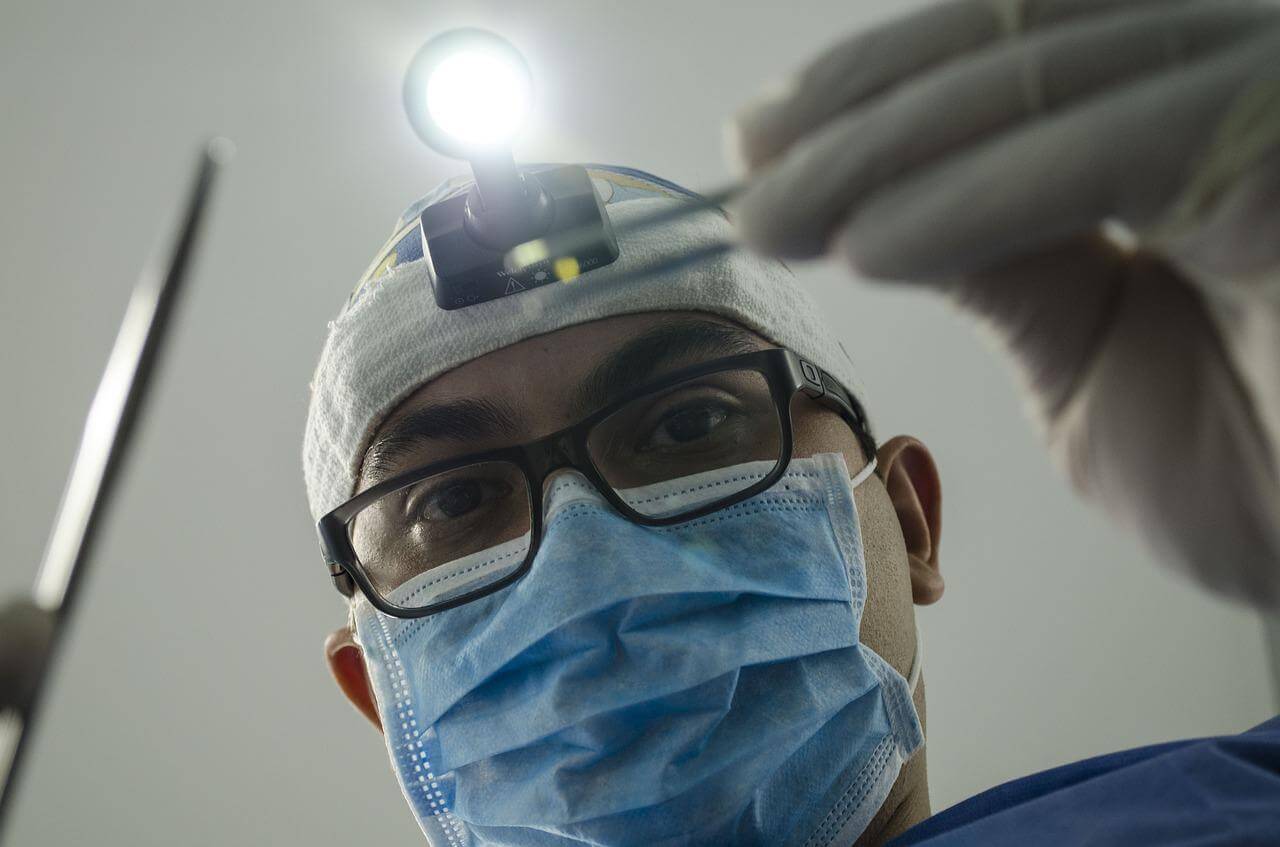
Dental implants are a perfect way to restore oral functions and smile after tooth damage or loss. They can last for years when maintained through proper oral hygiene and regular dental checkups.
Poor maintenance can lead to infections, resulting in the breakage of your dental implants. So, if you recently got dental implants in Mississauga, this article provides tips for taking care of them in the best possible way.
Brush And Floss
One of the best ways to care for dental implants is by brushing and flossing daily. Many assume that once they’re installed, they’re immune to harmful bacteria, even in an unhealthy mouth. However, this is a misconception.
When you get dental implants, brushing and flossing become more crucial than ever. That’s why experts recommend doing them twice daily or after every meal to prevent plaque buildup around the implants. When brushing and flossing, concentrate on the sides of your implants since food particles and bacteria are likely to accumulate in these areas.
When brushing, using a soft-bristled toothbrush and non-abrasive toothpaste is advisable. Otherwise, your gums and teeth’s enamel can get damaged, or you might unintentionally scratch your implants beyond repair. Moreover, consider using an interdental brush for areas a regular toothbrush can’t reach. This small tool is designed to remove plaque and food particles between your teeth and implants.
To complete the oral hygiene routine, use an antimicrobial mouth rinse to remove any bacteria left out after brushing and flossing.
Go For Regular Dental Checkups
Regular visits to the dentist are a magnificent way to ensure the longevity of your dental implants in Mississauga. Such sessions allow the dentist to identify and diagnose issues such as cavities and gum problems before they worsen. Moreover, dental visits ensure you get professional cleaning services for your dental implants. They can remove plaque and other debris that home brushing and flossing can’t.
But how often should you schedule a dental visit? Since most dental implants take around 3 to 6 months to heal and integrate with the jawbone, it’s advisable to go for a checkup every month during this period. After the healing and integration period, you only need checkups twice a year. However, you may need more if you have any underlying issues with your implants.
Avoid Smoking And Alcohol Consumption
Smoking harms overall health and can lead to tooth decay, low libido, and cancer. Regarding dental implants, smoking is also detrimental as it significantly affects the healing process after the surgery. Also, the long-term effects of smoking on your mouth can lead to issues such as inflammation, gum disease, and periodontitis.
Although it’s not easy to quit smoking, you’ll have to make proper adjustments to help you quit it. For instance, you might need to stay away from smokers and hang out more with non-smokers. You can also embark on exercises to help eliminate cravings and withdrawal symptoms.
Alcohol is also not good for your teeth as it has a high sugar content that enhances tooth decay. When it comes to implants, alcohol is also problematic because it dramatically slows down the healing process after surgery and promotes plaque buildup around your implants. For this reason, it’s advisable to limit alcohol consumption until your implants heal and integrate with your jawbone.
Avoid Chewing Hard And Sticky Foods
Dental implants don’t guarantee full chewability, especially during the healing period. This means there are certain foods you should avoid to keep your implants intact and prolong their lifespan.
It’s best to avoid any food that’s hard to chew or sticky, such as dried fruits, carrots, apples, steak, caramel, ice, hard candies, and potato chips. In addition, you should stay away from hot food and soups as they can distort your implants. Spicy food can also trigger irritation around the surgical area, resulting in pain and discomfort.
Look Out For Signs Of Issues
You’re the primary caretaker and protector of your dental implants, meaning looking for any signs of trouble is vital. For instance, if there’s movement in your dental implants, you should consult your doctor immediately. Unlike natural teeth, they should be firm. Also, weird symptoms around your implants, such as pain, inflammation, or redness, or you experiencing delayed healing, could indicate problems.
If you experience any abnormal signs, seek your dentist’s advice immediately.
The Bottom Line
There you go! Maintaining your dental implants doesn’t have to be complicated and daunting. The tips outlined above will help make the process more straightforward. However, if you experience any issues or have queries about your dental implants, don’t hesitate to seek help from a reputable dentist.






